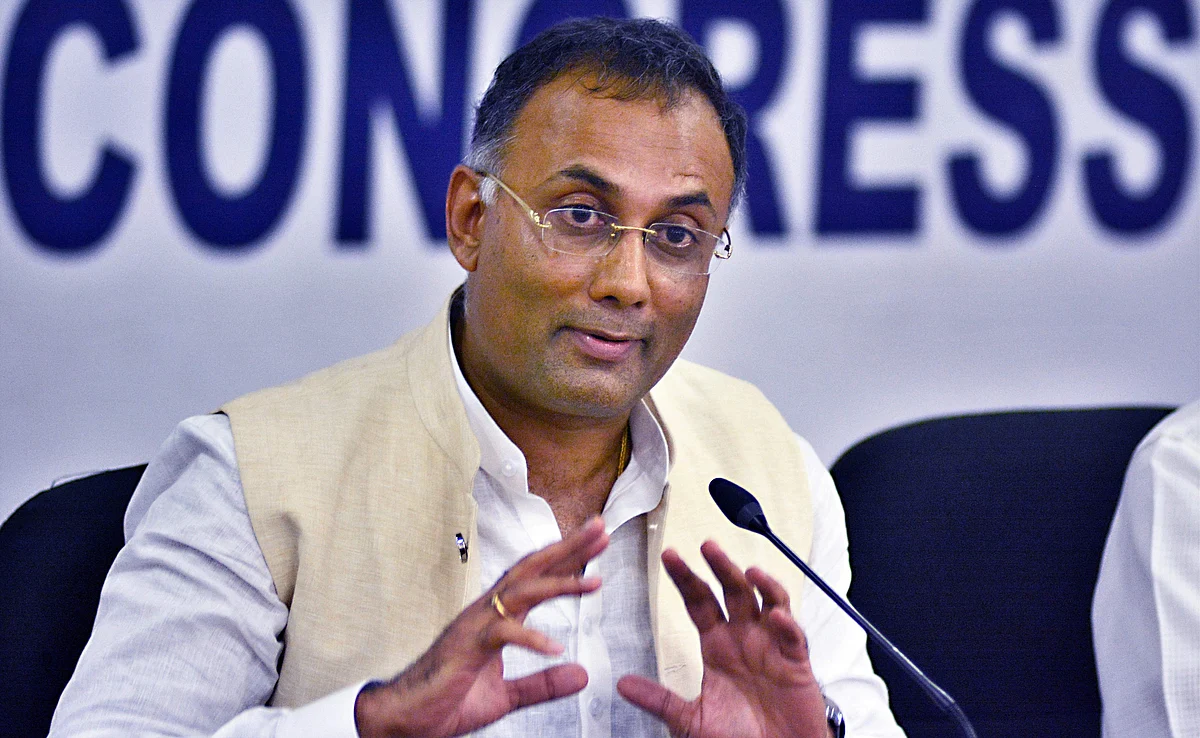Trending
News
News
- Independence Day 2025
- Stock Market
- Parliament
- Supreme Court
- Heavy Rains
- PM Modi
- Rahul Gandhi
- Trump Tariffs
- Asim Munir
- Income Tax Bill
- Cristiano Ronaldo
- Air India
- Bigg Boss 19
- Arvind Kejriwal
- India Alliance
- Amarnath Yatra 2025
- Kanwar Yatra
- Operation Sindoor
- Covid-19
- Earthquake
- Shiv Sena
- Boycott
- AAP
- Congress
- BJP
- Movies
-
- Independence Day 2025
- Stock Market
- Parliament
- Supreme Court
- Heavy Rains
- PM Modi
- Rahul Gandhi
- Trump Tariffs
- Asim Munir
- Income Tax Bill
- Cristiano Ronaldo
- Air India
- Bigg Boss 19
- Arvind Kejriwal
- India Alliance
- Amarnath Yatra 2025
- Kanwar Yatra
- Operation Sindoor
- Covid-19
- Earthquake
- Shiv Sena
- Boycott
- AAP
- Congress
- BJP
- Movies
- Select News Language
- APPs

 32 C
32 C 